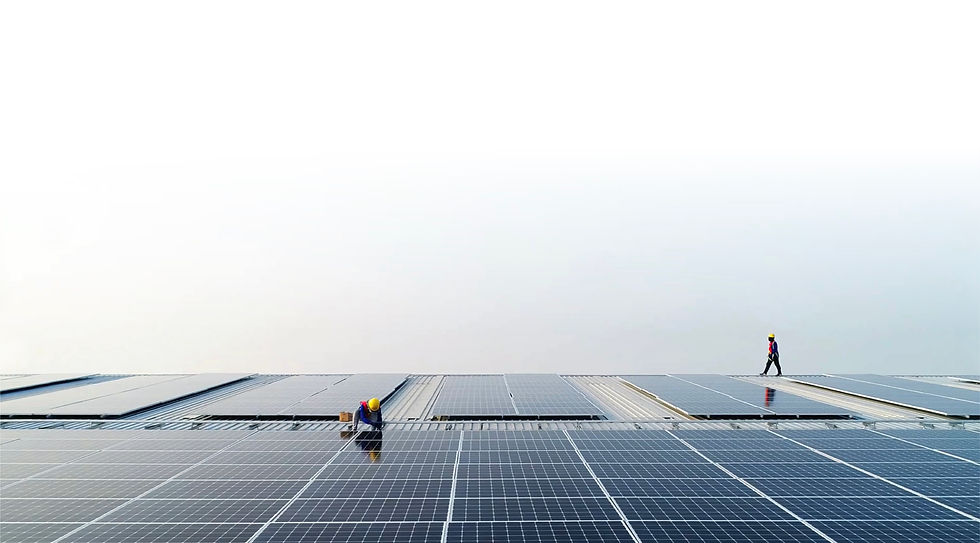
Our Track Record
Achieve a sustainable energy composition that effectively reduces your production cost and lowers the maximum demand of your energy consumption—only with Progressture Solar, the leading renewable energy company in Malaysia and Southeast Asia.

3.25 MWp Masai, Johor

1.84 MWp Shah Alam, Selangor

1.67 MWp Jitra, Kedah

1.29 MWp Pasir Gudang, Johor

1.16 MWp Perai, Penang

1.04 MWp Klang, Selangor

939.6 kWp Batu Berendam, Melaka
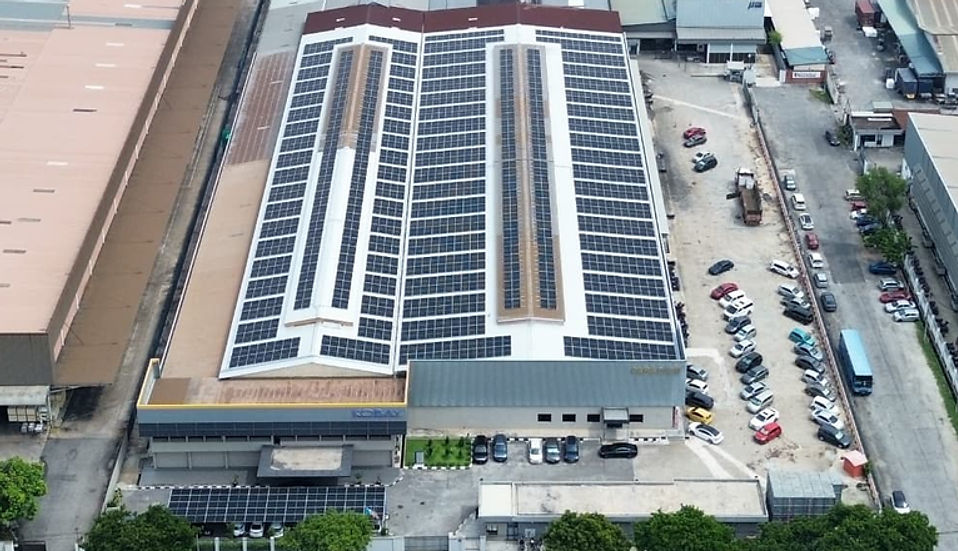.jpeg)
934 kWp Perai, Penang

911 kWp Bukit Mertajam, Penang

880.28 kWp Perai, Penang

844 kWp Jitra, Kedah

442.75 kWp Jitra, Kedah

867 kWp Klang, Selangor

793 kWp Perai, Penang

660.68 kWp Klang, Selangor

600 kWp Perai, Penang

565 kWp Kuala Selangor, Selangor

530 kWp Kluang, Johor

530 kWp Kluang, Johor

441 kWp Klang, Selangor

422 kWp Seri Kembangan, Selangor

387 kWp Seremban, Negeri Sembilan

367.77 kWp Petaling Jaya, Selangor

350 kWp Hutan Melintang, Perak
.png)
318 kWp Negeri Sembilan

312 kWp Shah Alam, Selangor

306 kWp Tanjong Minyak, Melaka

303 kWp Shah Alam, Selangor

300 kWp Jeram, Selangor
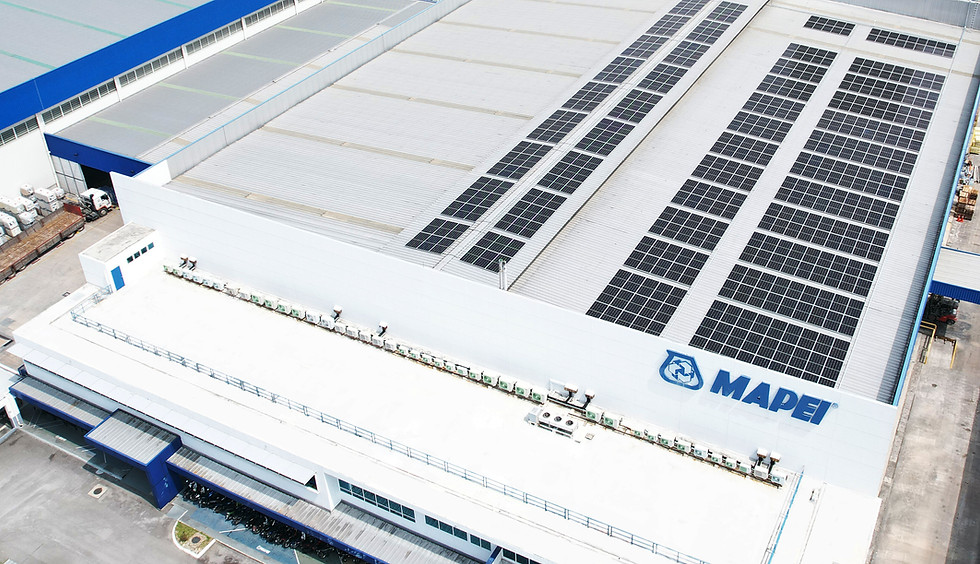
296 kWp Mapei Malaysia, Negeri Sembilan

275 kWp Perai, Penang

262 kWp Seri Kembangan, Selangor
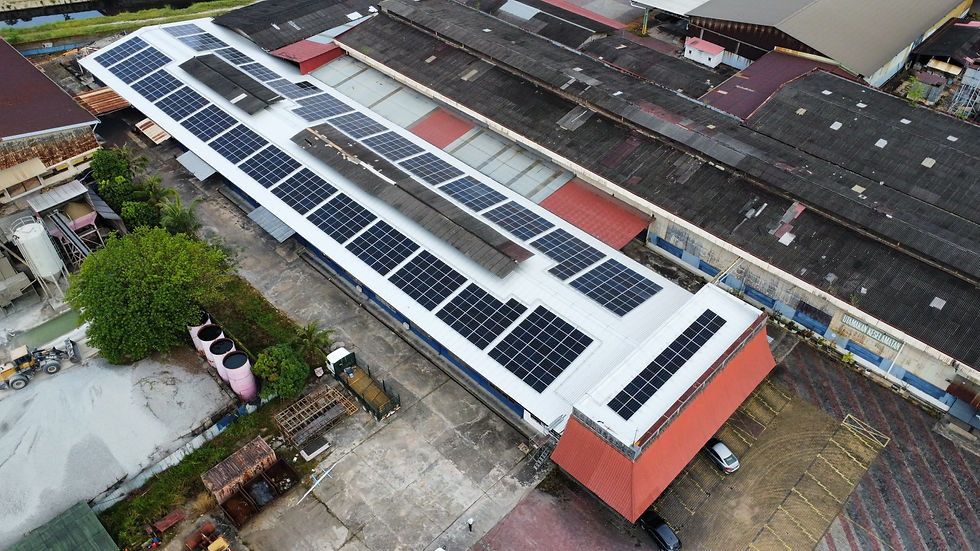
249.5 kWp Butterworth, Penang

231 kWp Muar, Johor

225.60 kWp Shah Alam, Selangor

200 kWp Ipoh, Perak

191.5 kWp Muar, Johor

186.45 kWp Shah Alam, Selangor

178 kWp Putrajaya

184 kWp Johor

149 kWp Petaling Jaya

133 kWp Perai, Penang

96.6 kWp Putrajaya

140 kWp Mutiara Damansara, Selangor

130 kWp Selangor
.jpg)
128.34 kWp Seremban, Negeri Sembilan

115.2 kWp Klang, Selangor
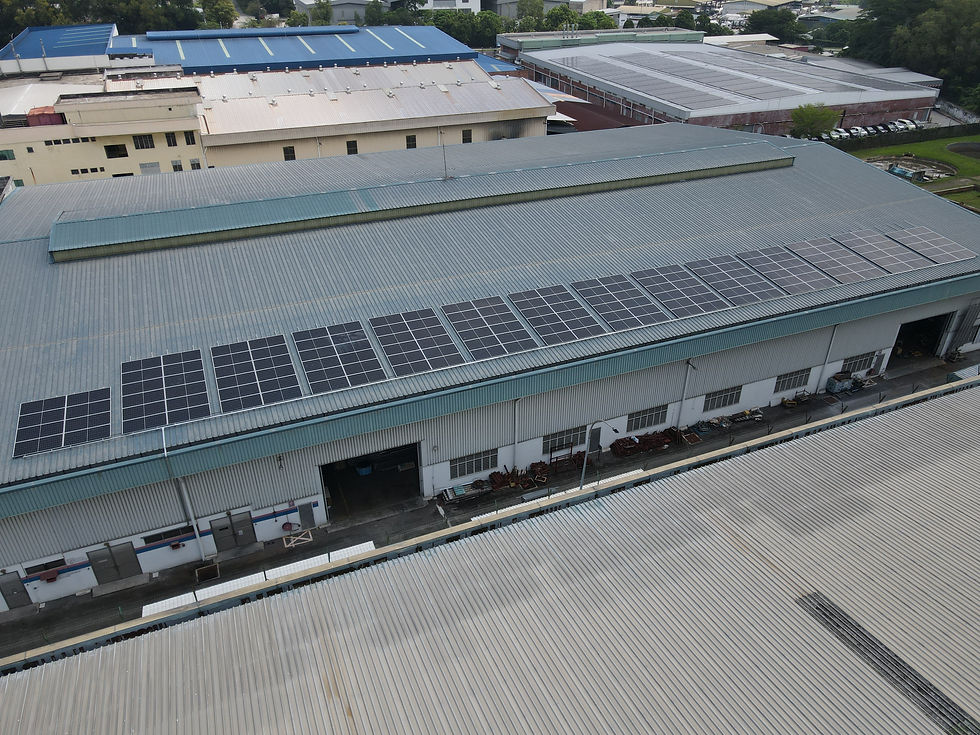
94.7 kWp Rawang, Selangor

94.1 kWp Kepong, Kuala Lumpur

90.2 kWp Bukit Tengah, Penang

91.2 kWp Ulu Tiram, Johor

92 kWp Balakong, Selangor

90.09 kWp NKVE, Selangor

42.55kWp Lim Tayar TTDI, Kuala Lumpur
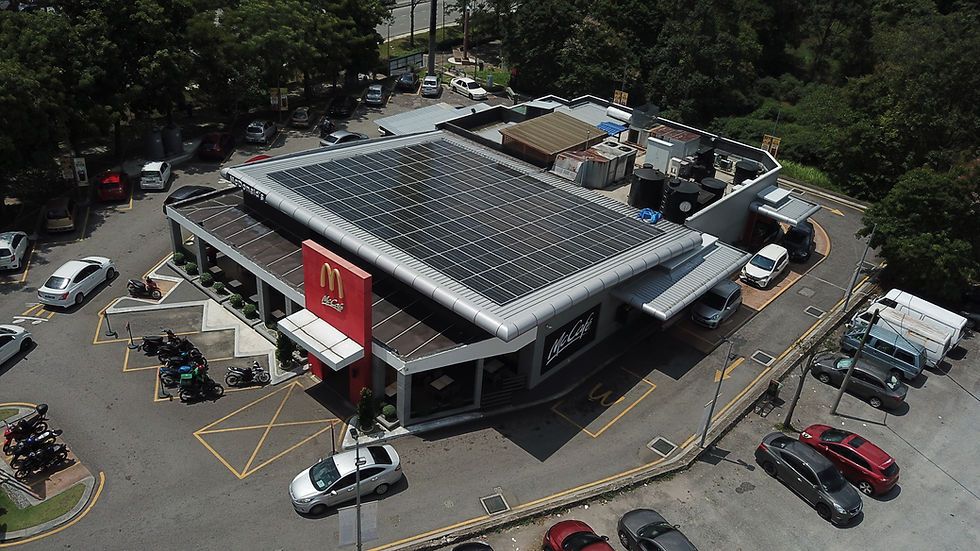
46.2 kWp Bangi, Selangor

47 kWp Subang Jaya, Selangor
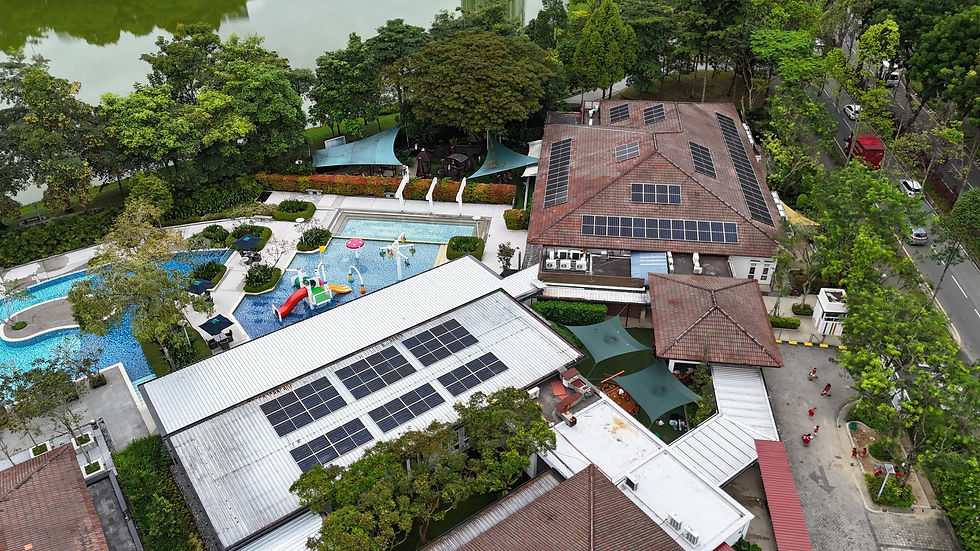
41.82 kWp Kepong, Kuala Lumpur
Shell Malaysia's Clean Energy Partner
Progressture Solar is proud to collaborate with Shell to install up to 20 MWp of solar capacity on the roofs of more than 600 retail Shell stations across Peninsular Malaysia, Sabah, and Sarawak.
The solar installation is expected to generate up to 25,550 MWh of clean energy every year, enough to power up to 7,392 households.

Renewable Energy Certificates (RECs) are market-based instruments that represent the generation of renewable energy from renewable sources, which can be sold and traded. One REC represents one megawatt-hour (MWh) of renewable energy generated by solar, wind, or other renewable sources. RECs are a way for businesses to support the production of renewable energy and reduce their carbon footprint. By purchasing RECs, businesses can show their commitment to sustainability, meet their sustainability goals, and comply with sustainability requirements set by regulators or stakeholders.
To get started with purchasing RECs in Malaysia, you can reach out to a renewable energy supplier or broker who can help you find and purchase RECs that meet your sustainability goals. Alternatively, you can work with a sustainability consultant or expert who can provide guidance and support throughout the process, from selecting the right RECs to measuring the impact of your sustainability efforts.
RECs represent the environmental and social benefits of producing renewable energy, while carbon credits represent the reduction of carbon emissions from a specific project or activity. RECs are associated with renewable energy generation, while carbon credits are associated with emissions reductions or removals from the atmosphere.
Frequently Asked Questions (FAQs)
RECs can be used to offset your business's carbon footprint by representing a reduction in carbon emissions equal to the amount of renewable energy generated. For example, if your business purchased a REC representing one MWh of renewable energy, you can use that REC to offset one MWh of carbon emissions. This can help your business reduce its overall carbon footprint and demonstrate its commitment to sustainability.
To ensure that the RECs you purchase are credible and legitimate, it is important to look for RECs that are verified by independent third-party organisations. These organisations can verify the source and quantity of renewable energy, and ensure that the RECs meet recognised sustainability standards or guidelines. In Malaysia, the Sustainable Energy Development Authority (SEDA) is responsible for issuing and tracking RECs and setting guidelines and standards for RECs certification.
Residential

16.47 kWp Kajang, Selangor

13 kWp Johor
.png)
6.06kWp Kuala Lumpur
.png)
12 kWp Kuala Lumpur
%20copy.jpg)
12.2kWp Petaling Jaya, Selangor

12 kWp Kuala Lumpur

12 kWp Johor

14.76 kWp Seremban
.png)
7.9 kWp Penang

10.98kWp Selangor
.png)
11.07 kWp Penang

9.15kWp Kuala Lumpur
Discover the transformative power of solar for your home. Explore our impactful projects which has delivered sustainable energy solutions for homeowners and residential spaces.
.png)
